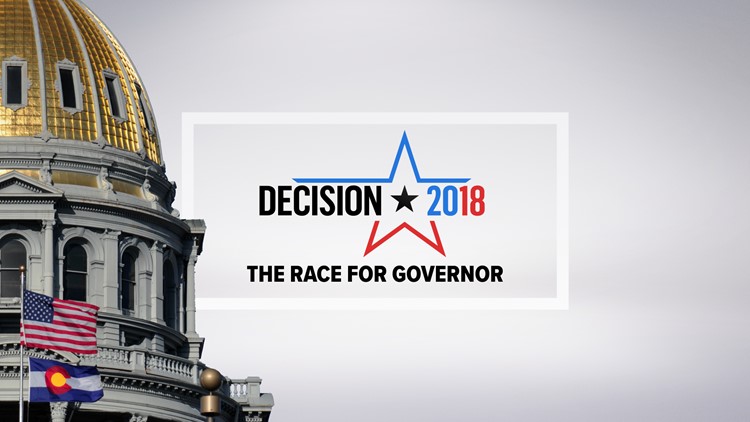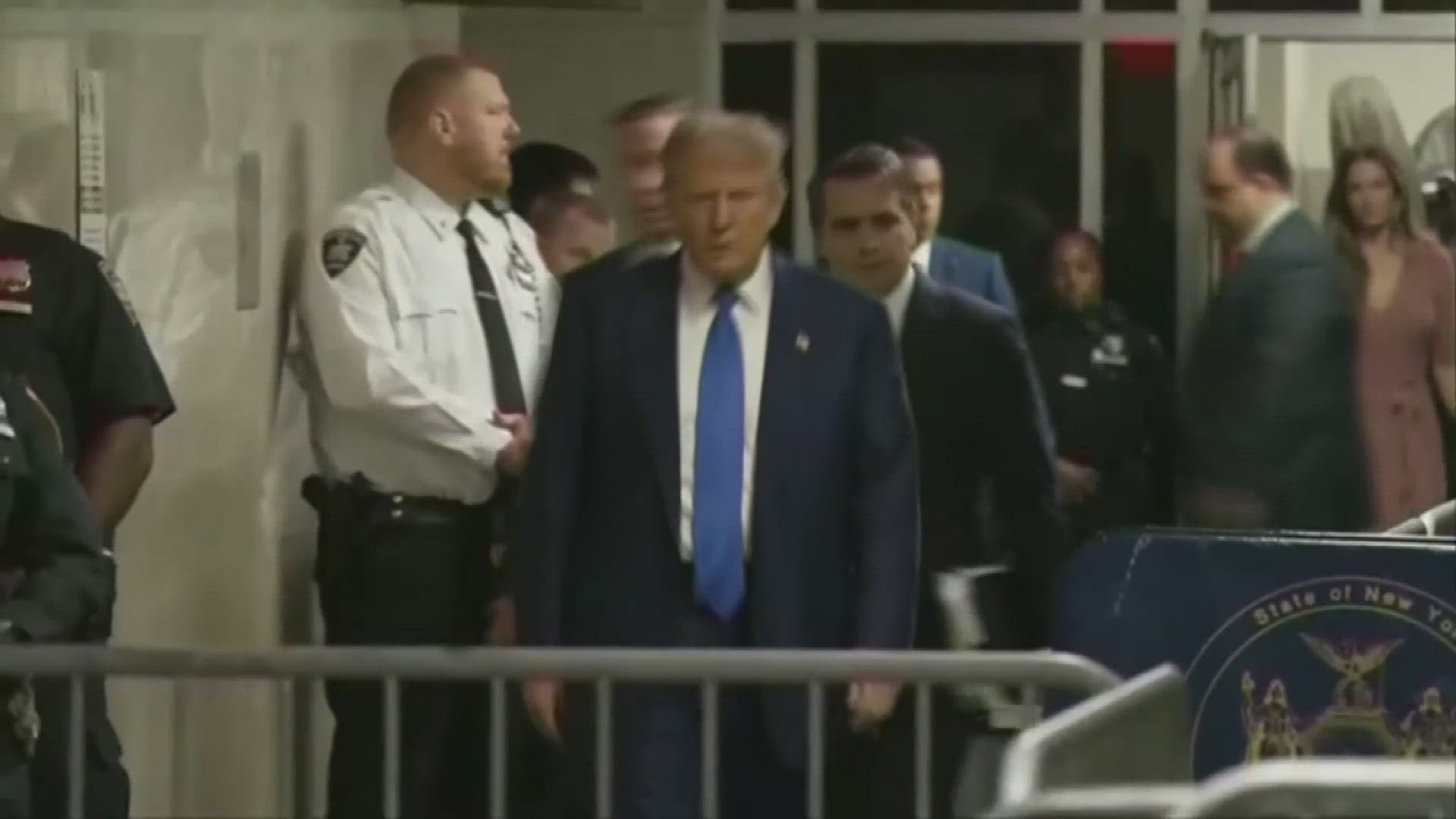KUSA - The race for Governor of Colorado looks less like a clown car following the major party state assemblies when the field was narrowed down considerably.
The parties are each choosing nominees this June to take over for Gov. John Hickenlooper (D-Colorado) who will leave office in January 2019 due to term limits. Republican and Democratic candidates can win a spot on the June 26 primary ballot by earning at least 30 percent of the vote at the state conventions or by gathering petition signatures.
For the Democrats, former state Treasurer Cary Kennedy had an overwhelming win at the assembly, receiving 62 percent of the vote. Rep. Jared Polis (D-Boulder) also earned a spot by winning 33 percent.
On the Republican side, State Treasurer Walker Stapleton and former Parker Mayor Greg Lopez were the only two candidates to win enough votes at the assembly to make the ballot. Stapleton received 44 percent of the vote and Lopez won 33 percent. You can see a full breakdown of the votes below.
State Attorney General Cynthia Coffman had an embarrassing performance, earning a mere 5 percent of the GOP vote. She’d been attacked as being too moderate and her campaign’s fierce reaction to Stapleton’s late entry into the convention—despite the fact that the GOP allows candidates to announce a run for governor from the convention floor—didn’t help her cause.
Polis gambled by both trying to collect petition signatures and vie for delegates at the Democratic convention—which meant under Colorado’s process that he needed to earn at least 10 percent at the convention to survive.
Saturday’s conventions do not finalize the primary ballots.
On the Democratic side, Mike Johnston has already qualified for the primary ballot by petition. Donna Lynne is waiting for the Secretary of State to verify the signature petitions she turned in. For the Republicans, Doug Robinson and Vic Mitchell are waiting for signature verification as well.
While Saturday’s events were strictly partisan affairs, they’re choosing candidates for a primary that will newly be open to independent voters in Colorado this year.
Unaffiliated voters, who make up more than a third of the state’s electorate, are allowed to choose only one party ballot to cast in the primary thanks to a law passed by voters in 2016.
Follow our live coverage from the state assemblies below:



